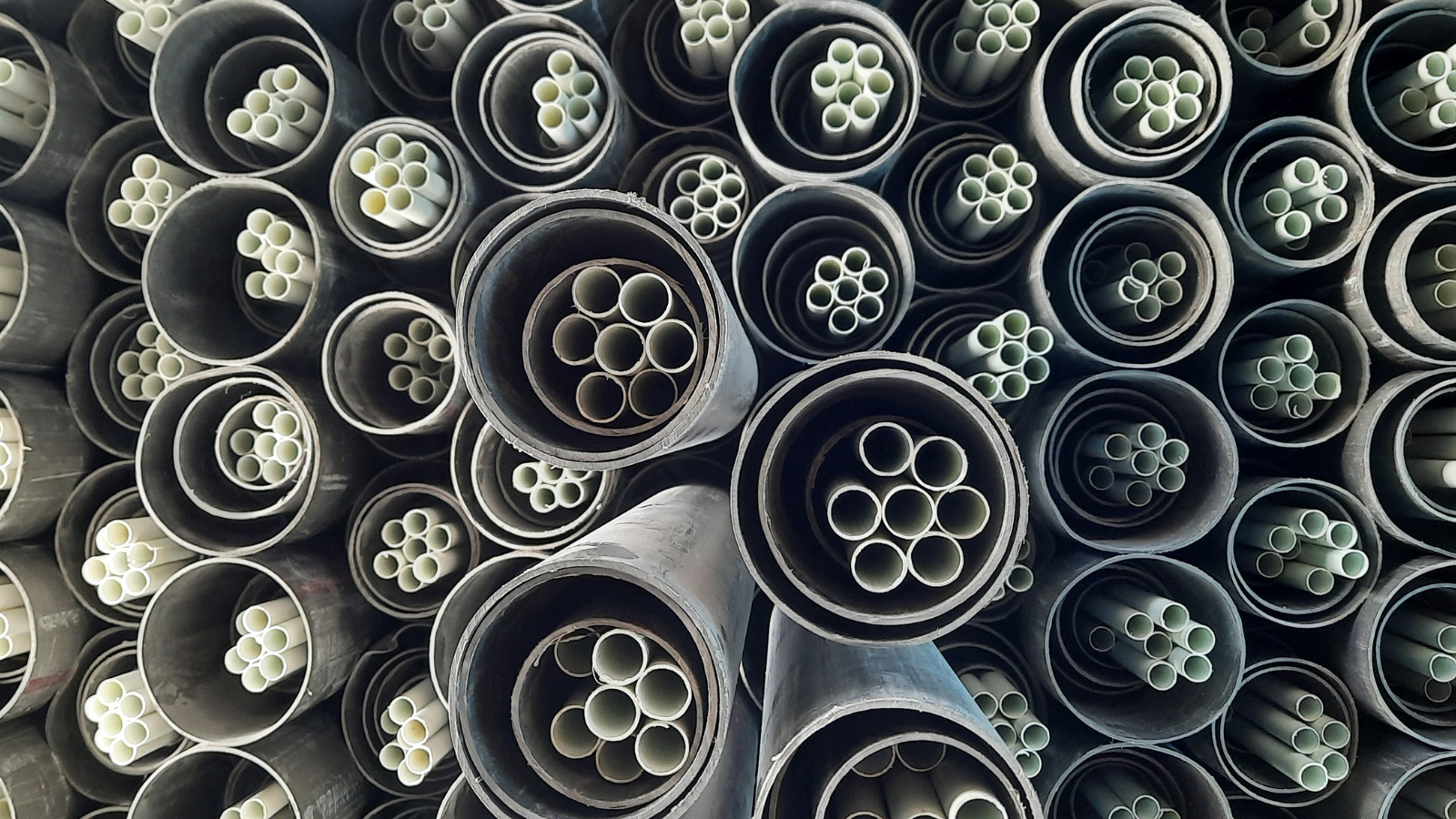ECHA report confirms that regulatory action is needed on PVC and its additives

NGOs call on the European Commission to phase-out PVC by 2030
Civil society organisations welcome the publication of the investigation report on PVC (polyvinyl chloride) and its additives by the European Chemicals Agency (ECHA). The findings clearly indicate environmental damage and harm to health from some substances added to PVC and the release of its microparticles.
More than 60 environmental NGOs are calling on the European Commission to phase-out PVC by 2030. Therefore they are pushing for a restriction on the harmful plastic and its additives under the REACH regulation.
The ECHA report sheds light on the damaging health and environmental impacts that PVC poses, some of which have been known for decades. The harmfulness of its additives is highlighted. ECHA moreover confirms the existence of safe alternatives across applications. The report supports the conclusion that we need immediate action by EU policy makers to reduce the risks of PVC and its additives. We therefore ask the Commission to act on PVC, as set out in the Restrictions Roadmap under the Chemical Strategy for Sustainability, and swiftly mandate ECHA to prepare an ambitious restriction under the REACH regulation as a first step to facilitate a complete phase-out of this material by 2030.
The NGOs see the need for this restriction to not only include single problematic substances or groups of additives, but also the production, use and placing on the market of PVC itself. Only essential uses of PVC, for which no safer alternatives are available and which are needed to protect our health or safety or are critical for society – should in their view be allowed under strictly controlled conditions.
In its role as a global model for chemical regulation, we also call on the European Commission and its Member States to demand a global ban of PVC under the new Global Plastics Treaty.
The European Commission already acknowledged the risks of PVC back in 2000 in a Green Paper titled Environmental issues of PVC. Since then the scientific evidence has compounded; the lifecycle of PVC products has been associated with numerous health complications, including endocrine disruption, reproductive impairment, cancer, neurotoxicity, immune system suppression and respiratory irritation.
The NGOs trust that the Commission will take its responsibility seriously and take long-overdue action on PVC.
Natacha Cingotti, Health and Chemicals Programme Lead, Health and Environment Alliance states: “PVC is one of the most infamous examples of the health harming chemical cocktail that plastics present across the life-cycle. Its ubiquitous presence not only highlights the failure of the current REACH to adequately protect us all, but also highlights how urgent its reform remains”
Dorota Napierska, Toxic-Free Circular Economy Policy Officer at Zero Waste Europe states: “The release of hazardous chemicals from PVC, including at the waste stage, is a situation we should not tolerate anymore, and that’s why we’re calling on EU policymakers to restrict the use of PVC where it can be replaced by alternatives.”
Christine Hermann, Associate Policy Officer for Chemicals at the European Environmental Bureau states: “Policy makers have known the dangers of PVC for a long time but have delayed actions again and again. We look forward to the EU authorities now implementing what they promised in the Chemical Strategy for Sustainability – i.e. to act on PVC.”
Hélène Duguy, Chemicals Lawyer at ClientEarth states: “The long-standing evidence speaks for itself: banning PVC is a common sense decision and we urge EU policymakers to restrict its use as soon as possible, keeping in mind the precautionary principle.”
CONTACTS
- Seán Flynn, Media Outreach and Communications Officer, [email protected] or [email protected] / +32 471 96 55 93
- Natacha Cingotti, Health and Chemicals Programme Lead at the Health and Environmental Alliance (HEAL) | [email protected] | +32 (0)2 329 00 81
- Dorota Napierska, Dorota Napierska, Toxic-Free Circular Economy Policy Officer at Zero Waste Europe | [email protected] | +32 499 203 484
- Christine Hermann, Associate Policy Officer for Chemicals at the European Environmental Bureau (EEB) | [email protected] | +32 2 790 43 88
- Hélène Duguy, Chemicals Lawyer at ClientEarth | [email protected] | +33668747232
ABOUT ZERO WASTE EUROPE
Zero Waste Europe is a European network of communities, local leaders, experts, and change agents working towards the elimination of waste in our society. Advocating for sustainable systems and the redesign of mankind’s relationship with resources, they accelerate a just transition towards zero waste for the benefit of people and the planet. www.zerowasteeurope.eu